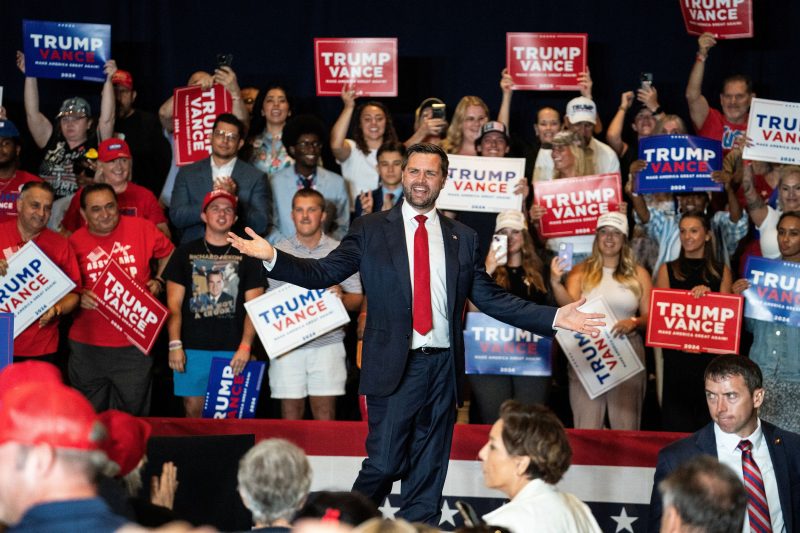
Make Way for Real Americans: Raising Kids in Bunkers According to JD Vance
As society evolves, the definition of what it means to be a real American continues to be a topic of debate. Recently, controversial comments made by author and venture capitalist J.D. Vance have ignited discussions about American identity and values. Vance suggested that real Americans are those who have children and educate them in bunkers, implying a sense of protectionism and isolationism in the face of societal changes and challenges.
Vance’s statement brings to light deeper questions surrounding American values, family dynamics, and attitudes towards education and community. The idea of raising children in bunkers evokes images of seclusion and fear, highlighting a mindset that prioritizes self-preservation over engagement with the broader world. While the instinct to protect one’s family is natural, the notion of retreating into isolation raises concerns about the ability to adapt and thrive in an increasingly interconnected and diverse society.
Moreover, the emphasis on having children as a defining factor of being a real American overlooks the diverse paths that individuals may take in their lives. Parenthood is a significant and rewarding experience for many, but equating it with national identity risks excluding those who may not have children or choose alternative forms of family-building. True American identity should be inclusive of various lifestyles, beliefs, and choices, recognizing that diversity enriches the fabric of society.
The concept of education in this context also warrants examination. Education is essential for personal growth, economic mobility, and civic engagement. While the idea of educating children in bunkers may be intended to shield them from perceived threats, it raises concerns about the quality of education, social interaction, and exposure to different perspectives. A well-rounded education should equip individuals with the skills and knowledge to navigate complexities, think critically, and engage with the world in a meaningful way.
Ultimately, the debate sparked by Vance’s comments invites reflection on the values that underpin American identity. Instead of promoting division and exclusion, a more inclusive and forward-thinking approach is needed to embrace the diversity and dynamism of modern society. Being a real American should not be defined by a singular set of criteria, but by a commitment to openness, empathy, and mutual respect that transcends individual differences and unites us as a shared community.
